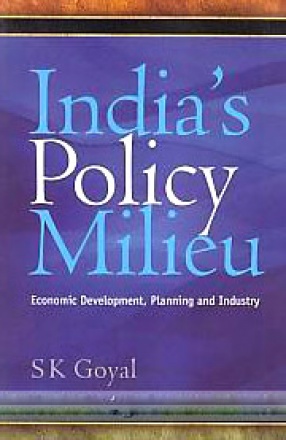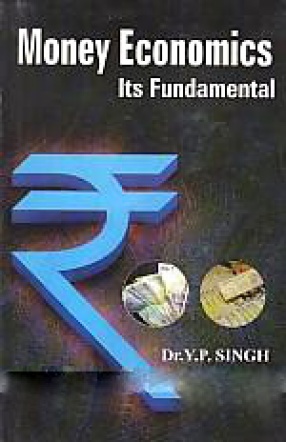The Indian Revenue Service as the name suggests is constituted to collect revenues to meet development requirements of the government. Officers enjoy quasi-judicial powers in assessment of income and collection of taxes thereon. They are trained to collect neither a paisa less nor a paisa more. Officers, however have a mindset to err on the revenue side where two views are possible. Besides, they always have a lurking fear of vigilance in their minds. This often results in unwarranted additions, tax arrears, prolonged litigation and harassment to tax-payees. Its officers were held in awe earlier and prominent people felt honoured to invite them on social occasions. Increase in number of officers, dilution of powers, decline in efficiency and integrity has led to a growing indifference even dislike towards them by certain sections of society. With major emphasis on material values, many officials, CAs and Advocates are out to make a fast buck. Greed is driving a few officers to join the rat race for key slots especially in Delhi and Mumbai by leaning on power brokers, political leaders and industrial houses eager to help them for a consideration. Transfer guidelines are applied to those who are unable to pull strings. Ethics in governance has taken a beating. Expansion at supervisory level has removed stagnation with little improvement in tax administration and relief to tax-payees. The Dept. has tried to simplify procedures and policies. Complexity and uncertainty, however continue to undermine the credibility of tax reforms. Process of computerization is slow with a long way to go in online issue of PAN, processing of returns and issue of refunds. There is stiff resistance to searches and surveys by the public and these have failed to tackle and growing menace of the parallel economy. There is little accountability in junior staff with their unions being a law unto themselves. The government has denied autonomy to CBDT not granting befitting status to the Revenue Service. IRS officers are rarely entrusted to investigate financial scams involving politicians and civil servants nor is their talent utilized in various Ministries, PSUs or financial institutions. Can this be attributed to government indifference, lack of cohesion and fraternity feeling among colleagues or minimal support and the hostile attitude of seniors or attempts to pull down by juniors? Serious introspection needs to be done to delve into these issues to transform it into a truly professional and premier service.
Indian Revenue Service: What Lies Beneath
In stock
Free & Quick Delivery Worldwide
reviews
Bibliographic information
Title
Indian Revenue Service: What Lies Beneath
Author
Edition
1st ed.
Publisher
ISBN
8122007104
Length
xi+204p., Index; 22cm.
Subjects







There are no reviews yet.